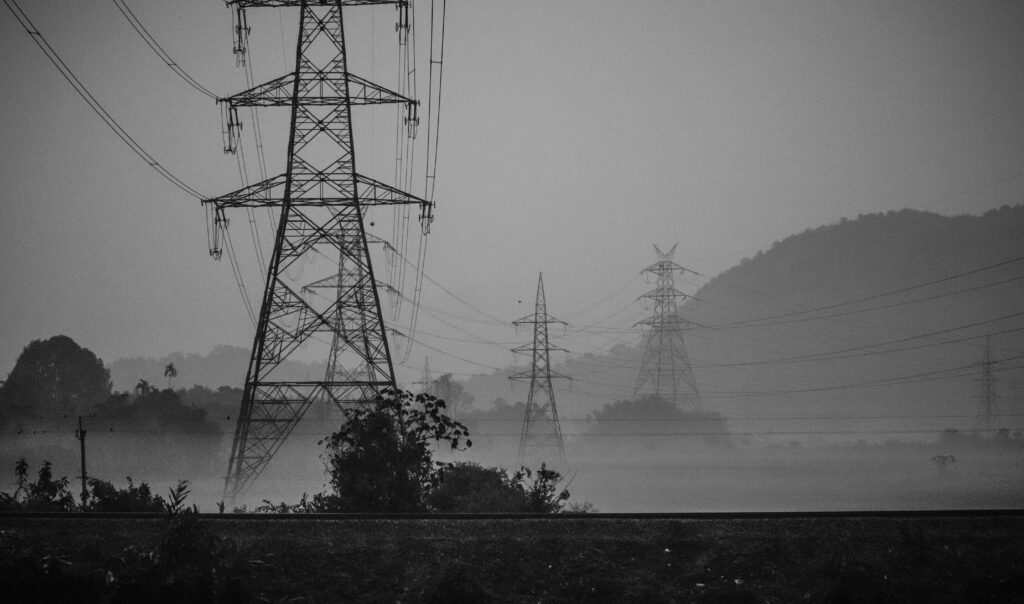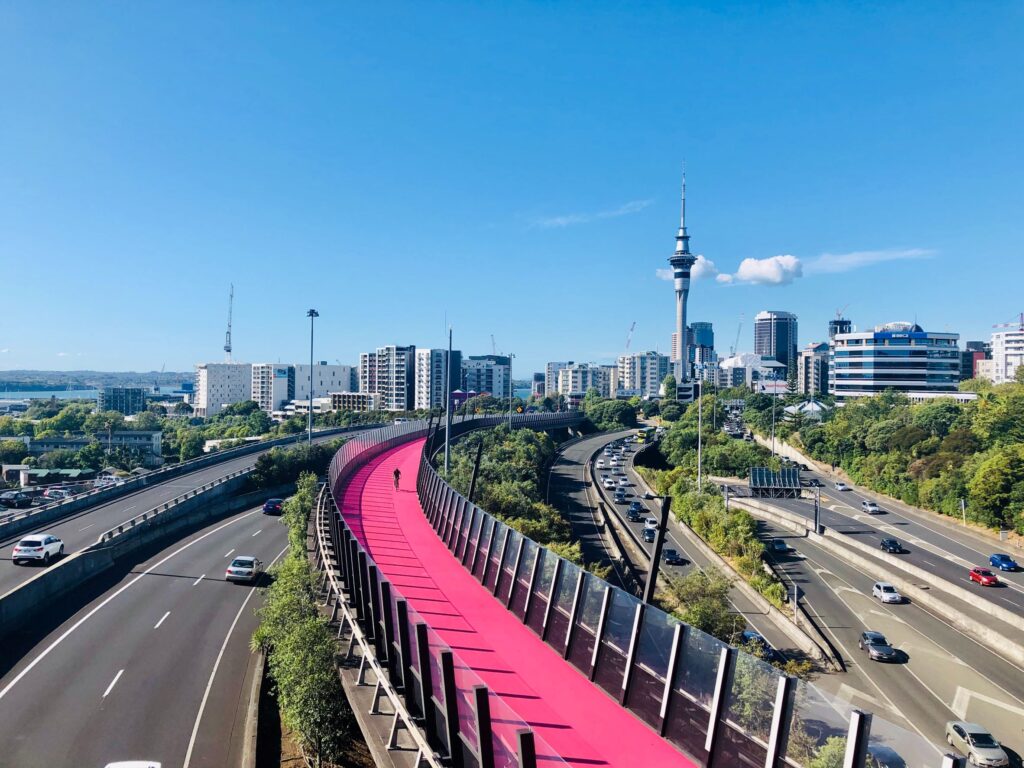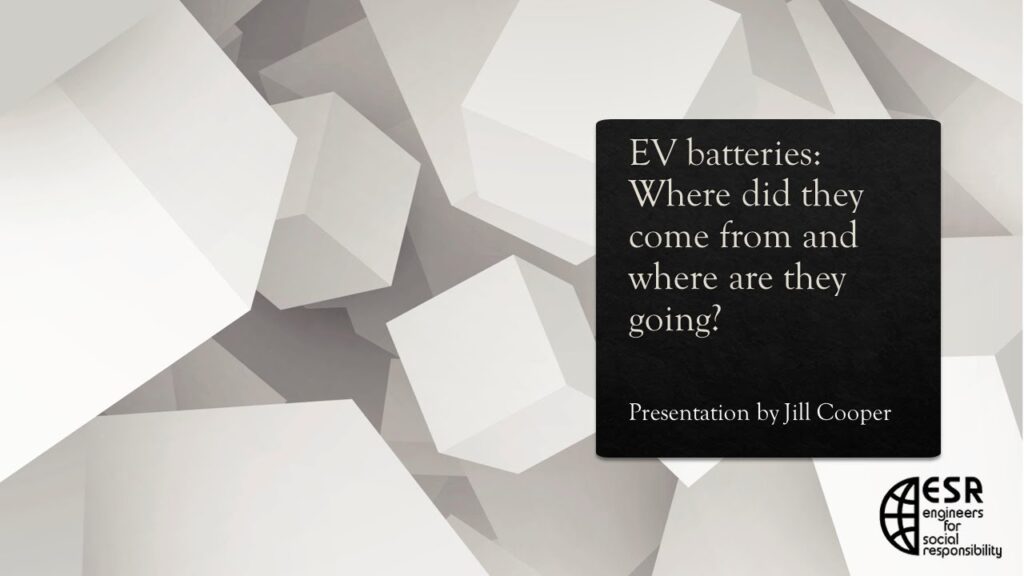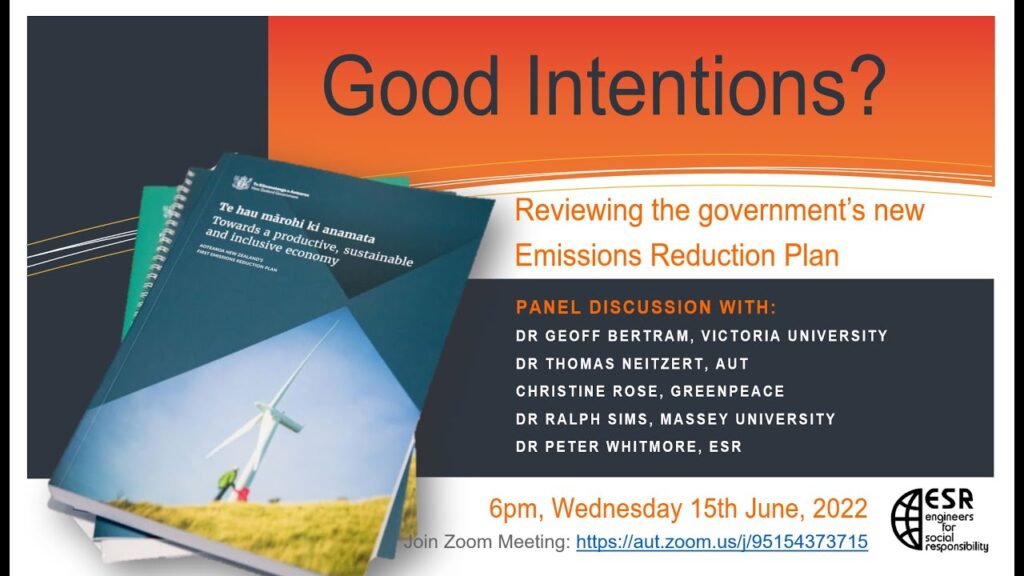Posts Tagged ‘Featured’
February 2024
CONTENTS
– COP28’s potential impact on climate change
– Human ‘behavioural crisis’ at root of climate breakdown, say scientists
– Carbon released by bottom trawling
– India rebuilds coal stocks to ensure electric reliability
– World groundwater levels showing ‘accelerated’ decline
– Short extracts from Reuters website
– French farmers
– Solid state batteries update
– Information from Energy Source and Distribution magazine, Jan/Feb 2024
– Some recent statistics
Submission to Draft Advice of Climate Change Commission on 2nd Emissions Reduction Plan
The advice document subscribes to the economic growth paradigm in assuring the economy “would continue to grow under the recommended emissions budgets”. On the other hand, it has been established, that economic growth brings with it emissions’ growth, because an absolute decoupling of the two has not been achieved yet. It is therefore timely to start a discussion of “degrowth” to make a real and required impact on gross emissions. Degrowth of the economy means a planned reduction of the material throughput through the economy and the associated emissions, while focusing on a just transition and wellbeing indicators. Worldwide there is an increasing amount of literature generated and some of our members are contributing to the domestic discussion.
Read MoreSubmission to the Auckland Council on Waste Management
We live in a finite world with finite resources that should not be disposed of in landfills. The ultimate objective should be to do away with conventional landfills.
Read MoreSubmission to the Auckland Council on Transport
In ESR’s opinion, the Auckland Plan discussion document does not provide a clear or convincing description of the city’s transport options, and it does not adequately address the linkage between the nature and location of future land use development and the transport option selected.
Read MoreGovernment Policy Statement on Land Transport Funding
ESR is concerned at Government intervention in the process of objective decision making on national land transport funding in favour of state highway construction.
Read MoreSubmission to Ministry of Business, Innovation, and Employment on the Building for Climate Change Framework
As a group of professional engineers, Engineers for Social Responsibility Inc strongly endorses MBIE’s commitment to meet the government’s Carbon Zero targets by 2050, and the implementation of changes to our Building Consent regulations that will improve operational efficiencies and reduce lifecycle carbon emissions from New Zealand’s building stock.
Read MoreEV Batteries – Where Did They Come From and Where Are They Going?
Several years ago, Li-ion batteries, as used in mobile phones, computers, portable tools and a myriad of other devices were considered a fairly benign object, except for the possibility that they may rarely, spontaneously burst into flames. There was little conversation about how they were made and what you might do with the old, worn out ones. All that changed when Nissan and Tesla brought out electric vehicles that were capable of replacing fossil fuelled vehicles and governments started to adopt strategies to encourage EV uptake in our private transport fleets.
Read MoreOpportunities for Real Transition Leadership
Grant provides a perspective on the challenges facing engineering as it engages in the broader transition and climate adaptation process. He has identified a number of issues and gaps that engineers need to address. The Real Transition Leaders programme and community seeks to close these gaps, and Grant offers an overview of the programme.
Read MoreGood Intentions? Reviewing the Government’s New Emissions Reduction Plan
New Zealand’s first emissions reduction plan was released by the Ministry for the Environment on 16 May 2022. An expert panel offered its reaction and comments on the government’s emission reduction targets and on the policies and strategies to reduce emissions for sectors such as transport, energy, waste, building construction and agriculture. Challenges lie ahead if we are to make an appropriate contribution to global efforts to limit temperature rise to 1.5°C.
Read More







